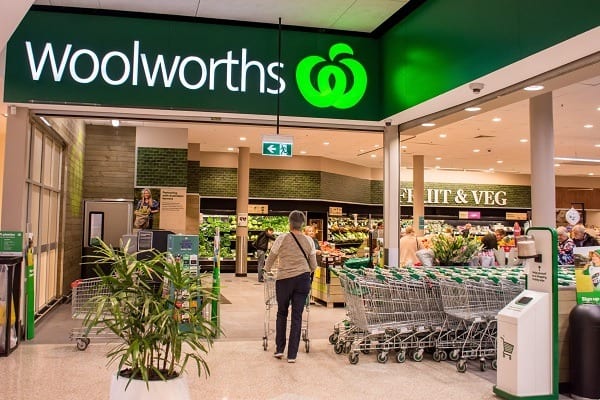It may be a new year, but my expectations for Australia’s progress across numerous areas remain low to non-existent. Just this morning, another example shot into my newsfeed, reminding me of our national spinelessness.
Woolworths has backflipped on its decision to stop selling Australia Day merchandise. Their reasoning for this decision ahead of last year’s public holiday was attributed to “steeply declining sales” and a “broader discussion about 26 January and what it means to different parts of the community.”
That “broader discussion,” which has been building for decades, acknowledges that the current date of Australia Day continues to cause deep harm to many Aboriginal and Torres Strait Islander people. (So, maybe we could just change the bloody date?)
The initial decision by Woolworths was a small but symbolic step forward from one of our leading retailers. Of course, it was met with sharp criticism, none more OTT than Opposition Leader Peter Dutton’s call for a national boycott of Woolworths stores. This, despite the over 200,000 Australians currently employed by the company who would be adversely impacted by such action. Yet, rather than dismiss Dutton’s predictable outrage as a storm in a teacup, a significant proportion of Australians chose to back him right in.
So much so, in fact, that the tentative step Woolies had taken toward progress has now been swiftly retracted. And, unsurprisingly, this pattern is repeated across all corners of Australian life.
Early last year, we called domestic and family violence a national crisis. Stories of abused and murdered women dominated mainstream media, and for a moment, it seemed as though the public and government were united in tackling this epidemic with urgency. Yet, here we are, with 2024 one of the worst years on record for gender-based violence.
According to Destroy the Joint’s Counting Dead Women project, 78 women were killed in 2024 due to gender-based violence. In 2023, the figure was 64. In 2022, it was 56. In 2021, it stood at 44. The trend is as stark as it is heartbreaking: we are moving backward, and public interest in addressing this crisis appears to be dwindling.
Then there’s climate change. Where we stand on this issue is nothing short of shameful. An alarming report from the Australian Security Leaders Climate Group in October warned that Australia remains woefully unprepared for the threats posed by climate change. Leaders continue to turn a blind eye to imminent risks, prioritising preoccupations with China and national security over the urgent need to combat climate disruption.
Former Australian Defence Force chief Chris Barrie, one of the report’s authors, starkly outlined the stakes: “Large parts of Australia could become uninhabitable within 30 to 40 years, threatening military bases, communities, and the economy.” Yet the resources required to address these risks remain glaringly absent.
The group put forward 13 recommendations to increase action on climate change and better prepare Australia for its impacts. But, like so many other moments of potential progress, these recommendations are unlikely to gain traction in our current political climate.
What is most frustrating about these recurring patterns is not just the lack of progress, but the pervasive inertia that stalls even symbolic actions. We need businesses like Woolworths, which have the power to lead by example, to take stands and hold their ground. When they retreat in the face of backlash, it signals that progress—however modest—is negotiable. This isn’t just disappointing; it’s destructive.
We need more courage, not less. More businesses willing to weather criticism, not fewer. And more Australians demanding bold steps forward, not indulging in the comfort of complacency.


